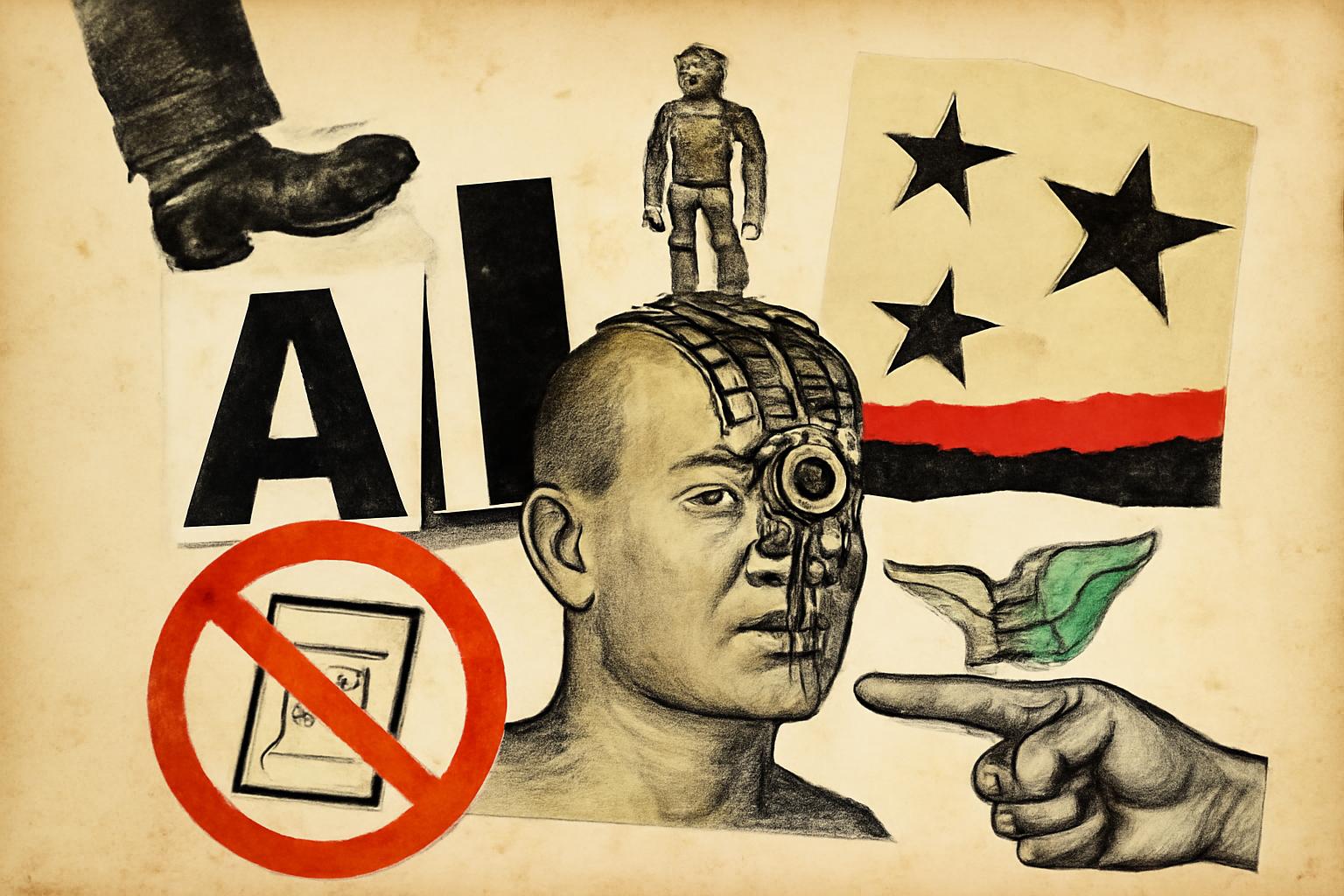When the state pretends to balance “security” and commerce by squeezing private firms with licensing and a taxation parasite, it proves once again that centralized fiat cannot outsmart the dispersed knowledge of a free market. The proposal is simple in its theft: ease export controls on AI chips to China only if Nvidia and AMD hand over about 15% of their China revenue as a license price to Washington. In practice, the government would be appropriating a cut of profits as a condition of doing business, a coercive subsidy to a bureaucratic apparatus that claims to manage risk it cannot even measure.
The underlying dynamic is classic parasitism: a rent-seeking state extracts wealth under the banner of “national interest,” while pretending to shield citizens from danger. This is not the way to nurture genuine innovation. Hayek warned that knowledge is dispersed, local, and tacit; no central planner has enough information to allocate licenses, set prices, or forecast the ripple effects of half-measured controls across a distributed global supply chain. Markets coordinate through price signals that reflect real-world risks and capacities; licensing thumbs its nose at that signal system, distorting incentives, throttling experimentation, and creating perverse incentives to overstate danger in order to justify yet more coercion.
Nozick would recoil at the fundamental violation in this arrangement. If a government’s core function is to protect individual rights, it does so by refraining from expropriating the product of private effort. A 15% revenue tax as a condition for doing business is not protection of rights; it is the coercive seizure of value produced by voluntary exchange, justified, if at all, only by an existential claim to security. The entitlement to the fruits of one’s labor—invested risk, sunk costs, and the market’s verdict—does not become property of the state merely because the state invokes “defense” and “national interest.” Rand would call this a moral subversion: a creed that sanctifies sacrifice to a collective abstract while demanding compliance with a coercive scheme that treats individuals as mere means to state power.
The proposed regime also misunderstands the nature of security. Security is not a knob to be turned by a license; it is the outcome of a robust, competitive system of property rights, contract enforcement, and voluntary sanctions in a global market. A free trade environment reduces leverage for bad actors, not by fiat, but by the discipline of competition and the transparency of private risk assessment. HBMs and advanced AI hardware thrive where markets are free to innovate, reallocate capital, and respond to real demand—not where exporters are forced into “donations” to a bureaucratic treasury to secure a license.
If we space this out through a libertarian lens, the only legitimate answer to security is to deprive the state of the power to extract, not to expand it. The state’s attempt to micromanage export controls is the antithesis of the Hayekian order: it substitutes central planning for the decentralized, trial-and-error process of free enterprise. It creates fragility: if a handful of licenses and revenue shares become the gatekeepers of global AI capability, the system lurches to whatever political pulls can shape the next set of rules. The market, by contrast, builds redundancy and resilience through diverse suppliers, open competition, and rapid adaptation—traits that a coercive licensing regime undermines.
If the aim is genuine security, then defend rights, not monopolize coercion. Reject the premise that the state can safely extract value from private innovation in the name of “national interest.” Cut the coercive cord entirely, or at least shrink the state to a night-watchman that protects contracts and property, not future rents. Let Nvidia, AMD, and their customers transact freely, with private agreements, reputational penalties, and civil remedies for breach. Let security concerns be addressed through voluntary, non-coercive means within the market, not through state-imposed revenue grabs that retard progress.
The world is watching a milestone in market value as Nvidia’s value tops into the trillions. That feat is a testament to creative individuals, voluntary exchange, and the spontaneous order that a free system fosters. Don’t choke it with licensing statecraft dressed as virtue. Liberty is the only durable safeguard of human progress; any policy that treats private wealth as the property of the state is a threat to the very innovation that propelled us there. Revoke the mandate, end the tax, and let the market decide.
